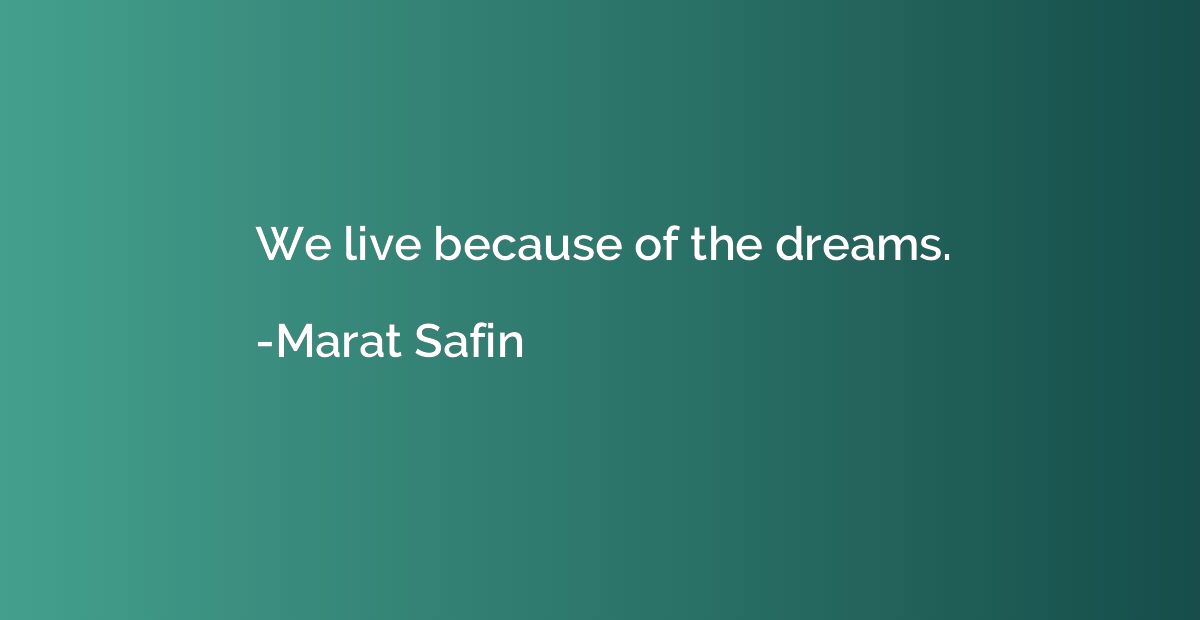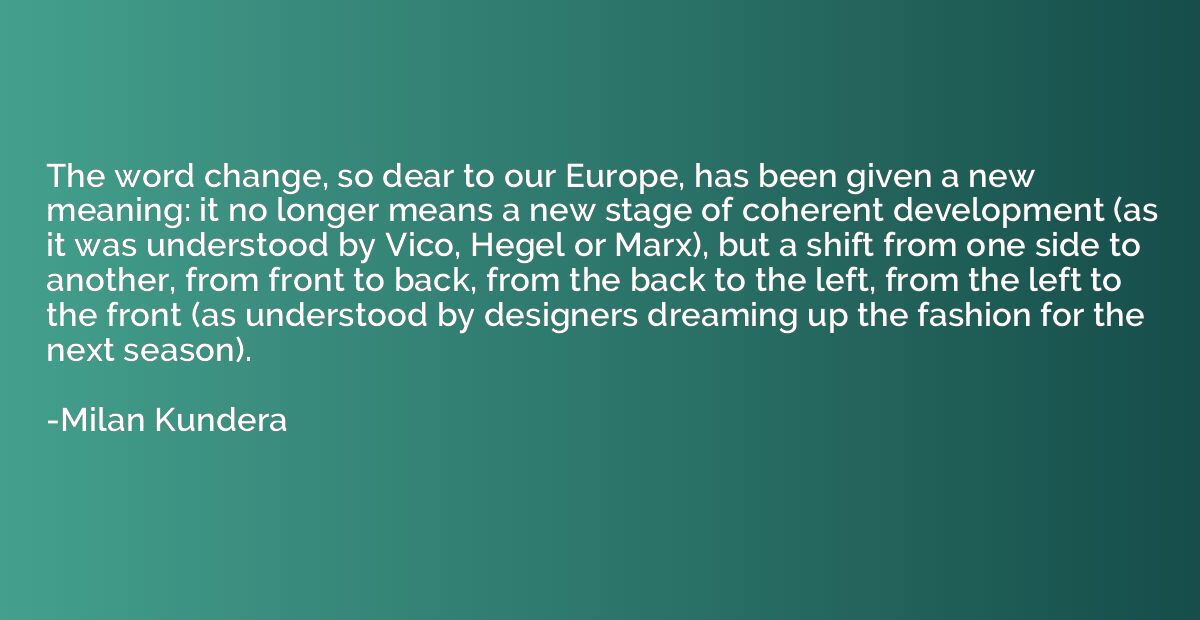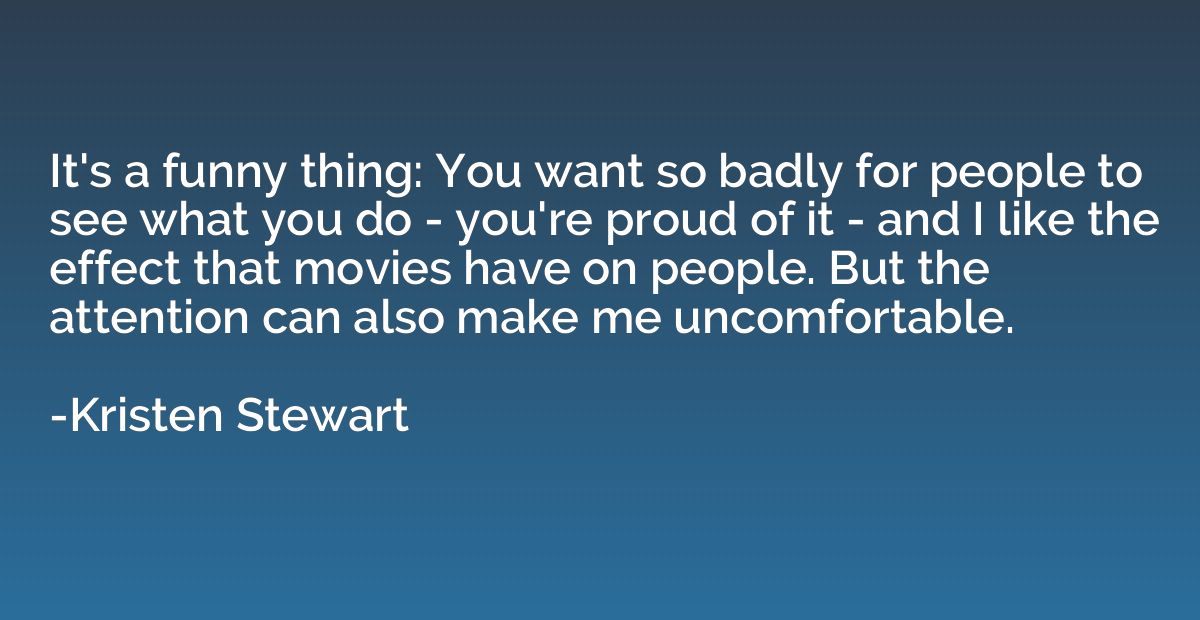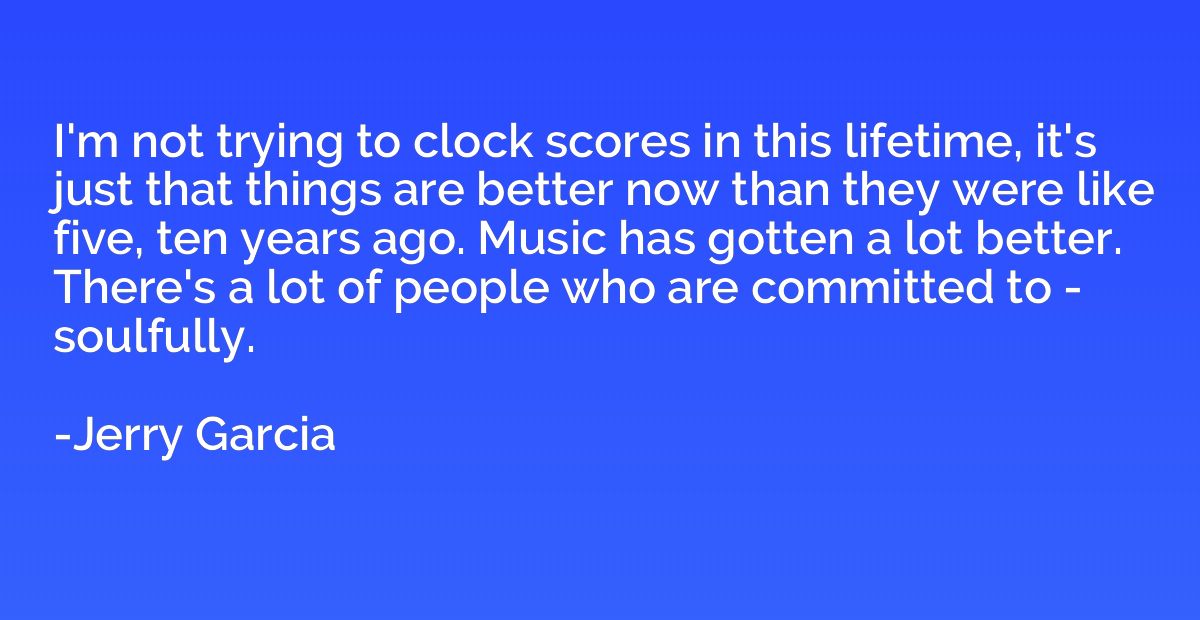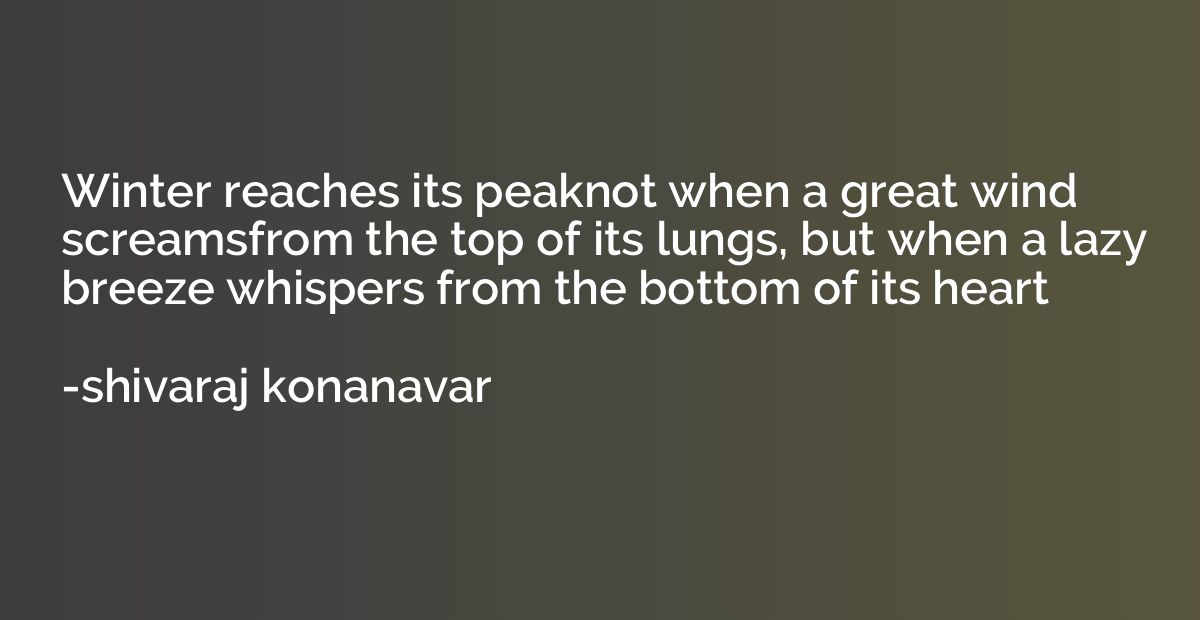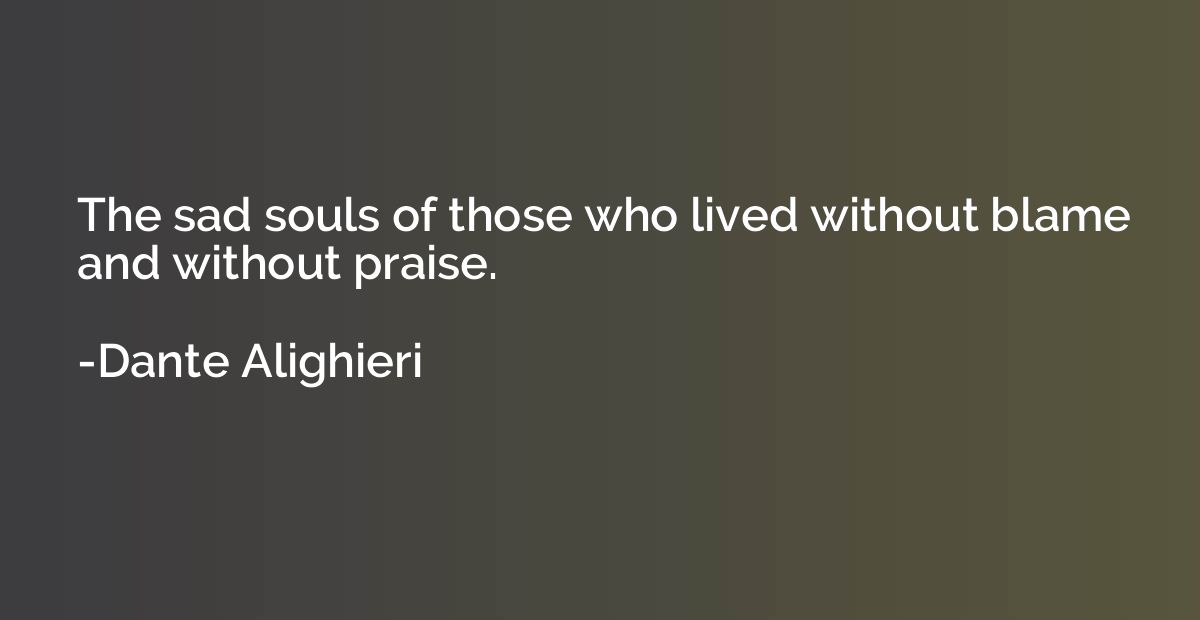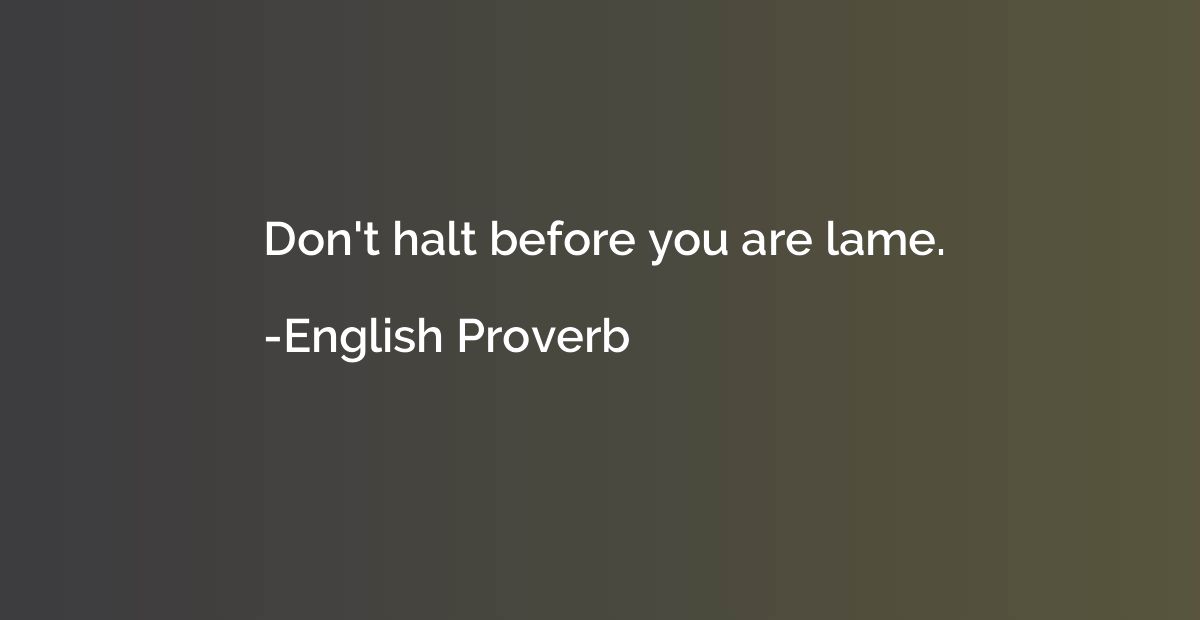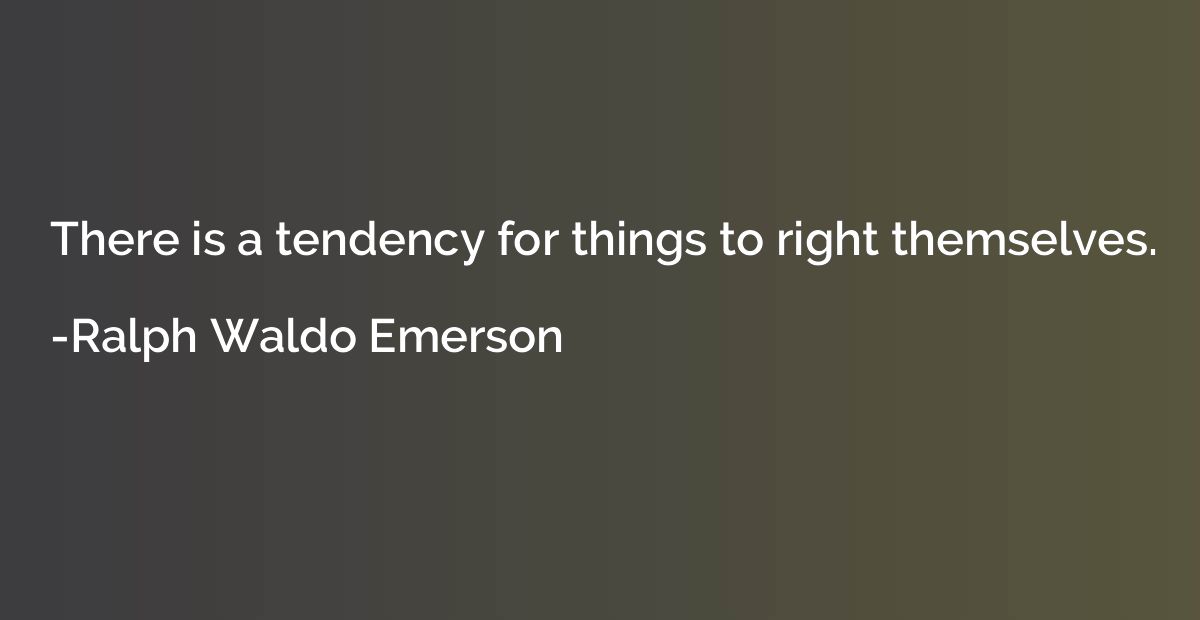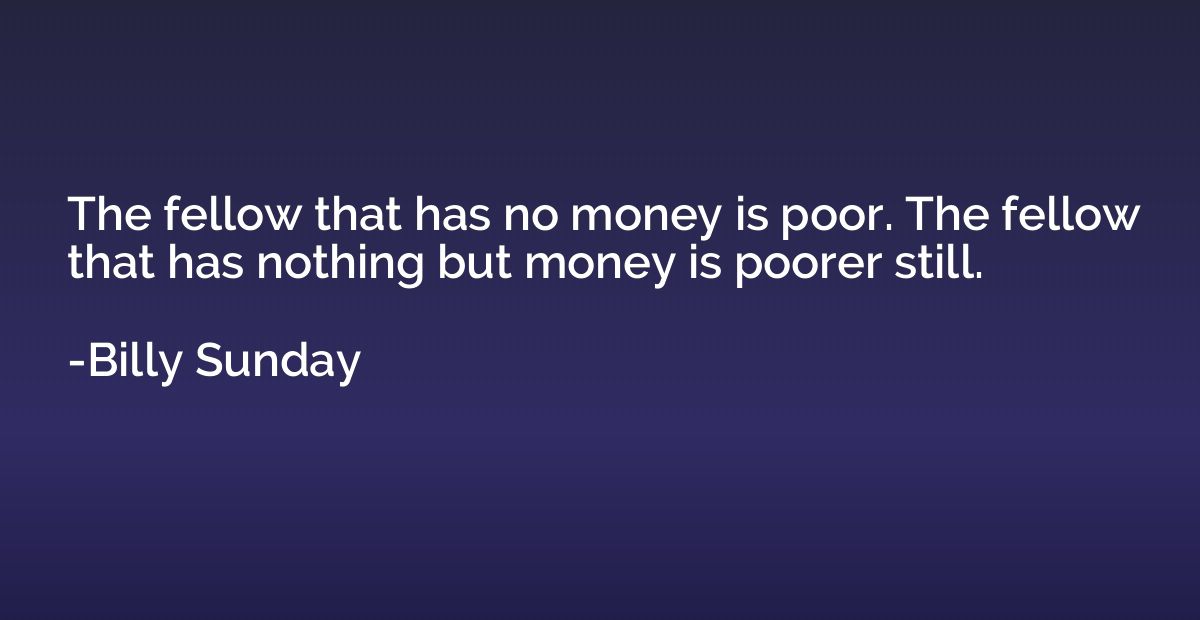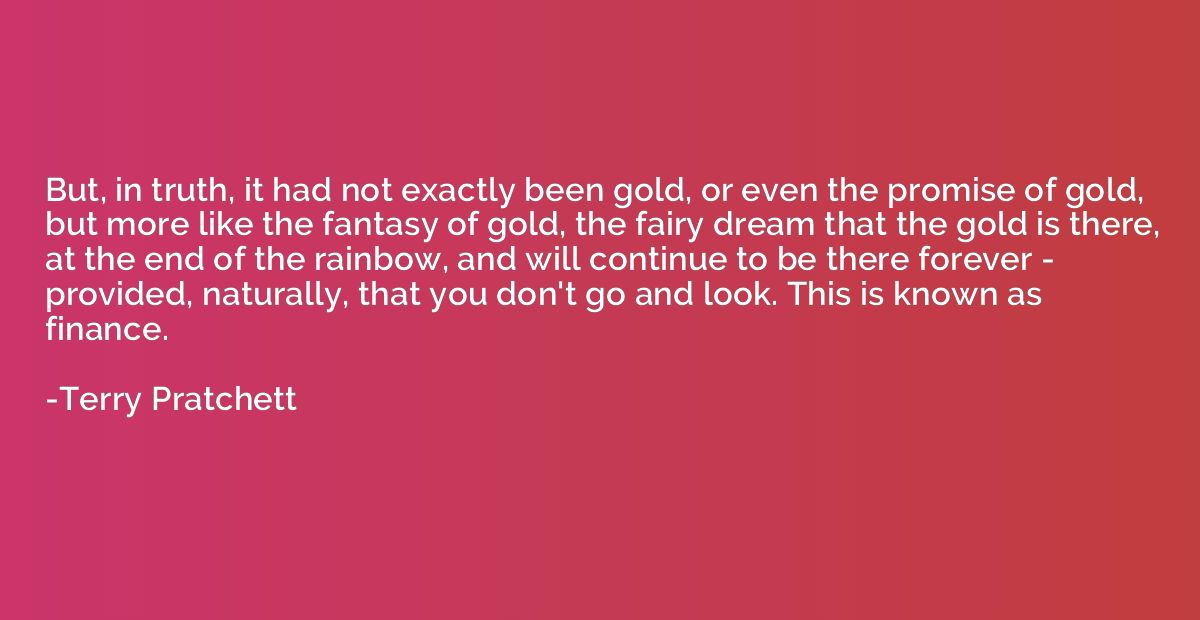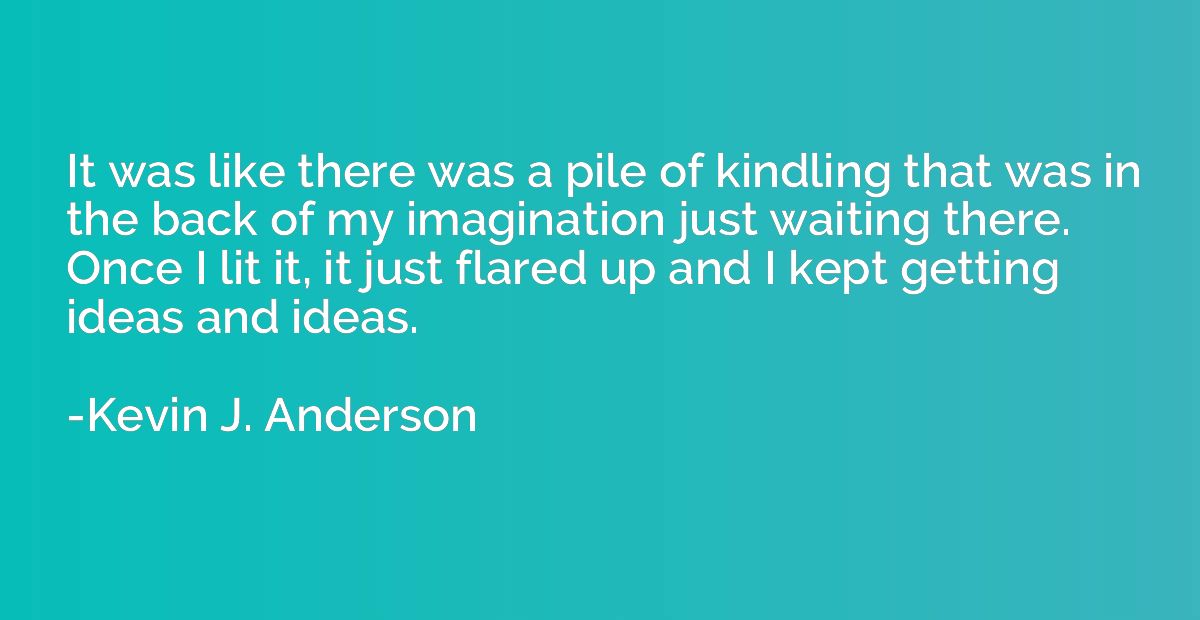Summary
This quote suggests that dreams are essential to our existence and motivations. Dreams provide us with a sense of purpose, drive, and hope, pushing us to strive for something beyond our current circumstances. They fuel our aspirations, inspire us to set goals and work toward achieving them. Without dreams, life would lack meaning, as we would have no ambition, passion or direction. Dreams spark imagination and creativity while allowing us to envision a better future. They remind us of our potential and motivate us to constantly reach for more, making life worth living.
Topics
Dreams
By Marat Safin
